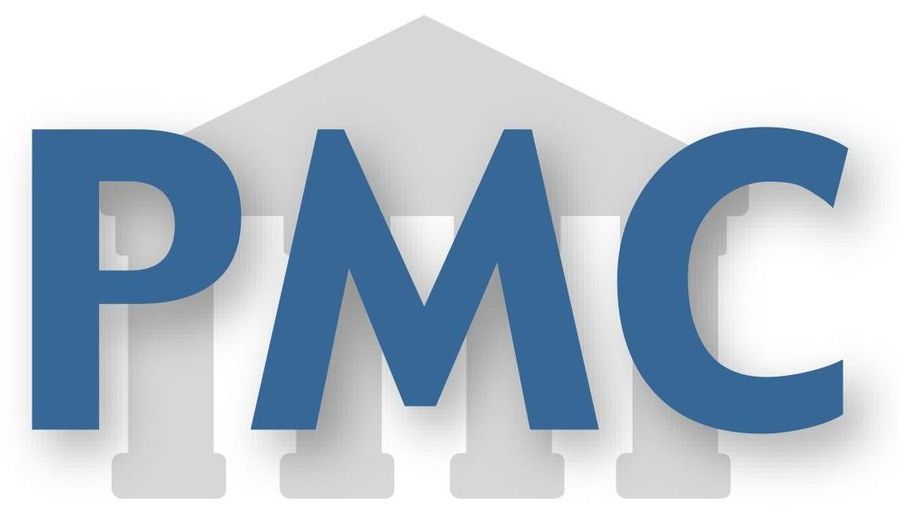Mesenchymal stem cells (MSCs), the major stem cells for cell therapy, have been used in the clinic for approximately 10 years. From animal models to clinical trials, MSCs have afforded promise in the treatment of numerous diseases, mainly tissue injury and immune disorders. In this review, we summarize the recent opinions on methods, timing and cell sources for MSC administration in clinical applications, and provide an overview of mechanisms that are significant in MSC-mediated therapies. Although MSCs for cell therapy have been shown to be safe and effective, there are still challenges that need to be tackled before their wide application in the clinic.
Keywords: mesenchymal stem cell, cell therapy, tissue injury, degenerative disease, immune disorder, graft-versus-host disease, immunomodulation, trophic factor.
Stem cells are unspecialized cells with the ability to renew themselves for long periods without significant changes in their general properties. They can differentiate into various specialized cell types under certain physiological or experimental conditions. Cell therapy is a sub-type of regenerative medicine. Cell therapy based on stem cells describes the process of introducing stem cells into tissue to treat a disease with or without the addition of gene therapy. Hematopoietic stem cells (HSCs) have been widely used for allogeneic cell therapy. The successful isolation of pluripotent embryonic stem (ES) cells from the inner cell mass of early embryos has provided a powerful tool for biological research. ES cells can give rise to almost all cell lineages and are the most promising cells for regenerative medicine.
